
Firms
-
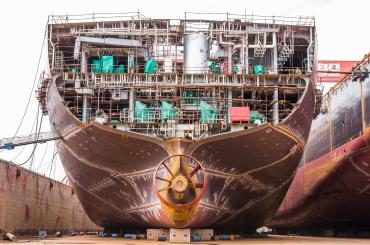
Implementing industrial policy effectively: Lessons from shipbuilding in China
Industrial policy in China aimed to make the country’s shipbuilding industry a world leader. Comprehensive data on shipyards worldwide reveals the huge scale of this policy, which boosted China's domestic investment, entry, and world market share dramatically. However, it created sizable distortions and led to increased industry fragmentation and idleness.
-

Comparing approaches to breaking the poverty trap by promoting entrepreneurship
Cash grants and a multifaceted entrepreneurship programme both had temporary impacts on young women’s income in Nairobi, Kenya, but only the more holistic approach led to long-term improvements in wellbeing
-
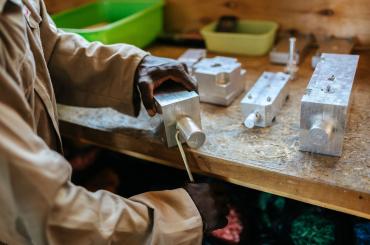
How are manufacturing firms organised in Uganda?
Even large manufacturing firms in Uganda resemble groups of self-employed workers, which limits the gains to scaling these firms
-

AI, entrepreneurship and development
How can generative AI help entrepreneurs in developing countries?
-
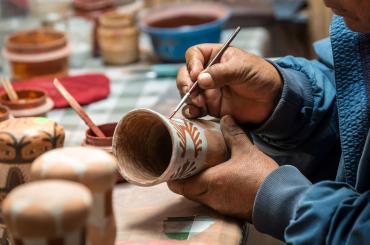
How the wage-setting power of firms shapes Peru’s economy
Labour market power hinders development by suppressing wage employment and also fostering a dependence on self-employment that undermines the effectiveness of policies aiming to boost wages and wage employment
-
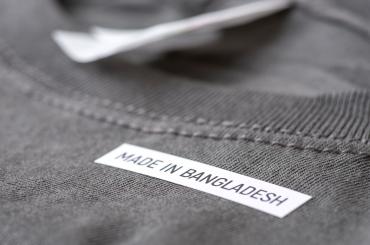
Relationship-focused buyers improved bottom lines for Bangladeshi garment manufacturers
The sourcing strategies of global buyers can have profound implications for suppliers in low-income countries. Using novel data, research in the garment sector reveals how global buyers differ in their approach to sourcing and why that matters for suppliers’ margins.
-
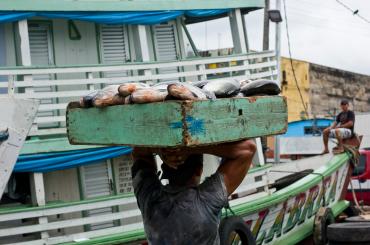
Fishing communities in Brazil overcame middlemen to break a poverty trap
Remote fishing communities in Brazil received low prices for their fish, were unable to afford productive investments, and therefore remained in poverty. By collectively purchasing boats they overcame the market power of intermediaries and broke the cycle of poverty
-

Improving frontline courts in India spurred local economic development
Increasing judicial staffing in frontline courts lowers the pending backlog of legal cases and enables capital stuck in litigation to be put to more productive uses, which increases access to working capital for local firms and improves firm productivity
-
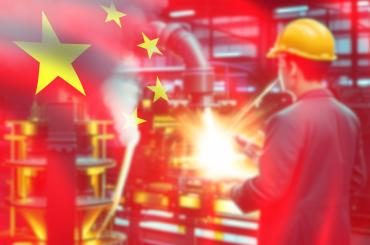
China does not pick – or create – winners when giving subsidies to firms
What is the relationship between the allocation of government subsidies and total productivity for Chinese listed firms?